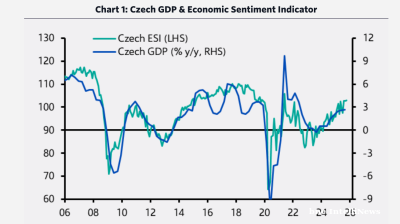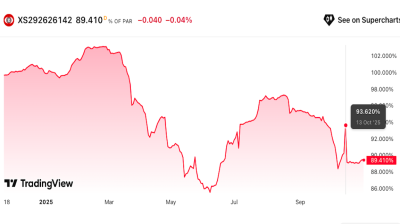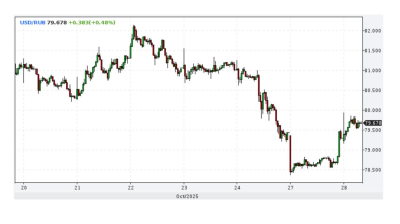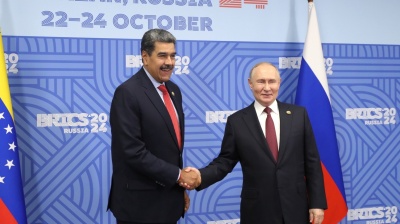Between 1980 and today, several South American countries have seen significant changes in their per capita incomes but the continent is divided into winners and losers. Chile has been one of the biggest winners and Venezuela one of the biggest losers.
Last century Argentina was one of the wealthiest countries on the planet, but generations of mismanagement led to stagnation and poverty. That has started to change as the economy is growing strongly now.
Venezuela used to be twice as wealthy as Chile in 1980. Then Chile followed Milton Friedman‘s free market ideas whereas Venezuela was ruled by socialists. Now Chile is the wealthiest large country in South America and Venezuela the poorest. These reforms included privatization, deregulation, and trade liberalization, which spurred economic growth. Chile also benefited from political stability and sound fiscal policies.
Venezuela’s decline is primarily attributed to economic mismanagement, political instability, and the nationalization of key industries, particularly the oil sector. The country's reliance on oil exports made it vulnerable to fluctuations in global oil prices. Additionally, hyperinflation, currency controls, and economic sanctions have exacerbated the crisis.
Brazil underwent significant economic reforms in the 1990s, including trade liberalization, privatization, and the introduction of a new currency, the Real, which helped stabilize the economy. Today Brazil has emerged as a commodities powerhouse in South America.
Argentina has experienced considerable volatility in per capita income.
The volatility is due to frequent economic crises, hyperinflation, and debt defaults. The country has alternated between periods of economic liberalization and state interventionism, affecting investor confidence and economic stability. Political instability and inflation continue to be major issues.
Graphic: BrasilemMapas, IMF
Data

Russia’s manufacturing PMI falls to its lowest level since May 2022 in October
Russia’s manufacturing sector saw a deeper contraction in October, with output, new orders, and business confidence all weakening, according to the latest Purchasing Managers’ Index (PMI) data from S&P Global, published on November 1.

Czech growth accelerates as domestic demand-side pressure builds
The Czech economy delivered an unexpected acceleration in the third quarter, marking a clear shift from its earlier position as a regional underperformer to one of Central and Eastern Europe’s fastest-growing economies.

Eurobonds of Istanbul-listed Zorlu units offer attractive yields amid rating downgrades and no default expectation
Debut paper currently offering 14-15% yield.

Ruble strengthens as sanctioned oil companies repatriate cash
The Russian ruble strengthened after the Trump administration imposed oil sanctions on Russia’s leading oil companies, extending a rally that began after the Biden administration imposed oil sanctions on Russia in January.




